Yes, Poetry Month is here.
I’m kicking off my celebration by sharing my most recent poem, which I created as part of my ongoing commitment to writing along with my students. I challenged myself to write a narrative, a genre I struggle with as a writer. This poem is an amalgam of many childhood memories, all wound together around one particular event. I hope you find your own way to celebrate poetry this month, and every month.
South Haven Summer, Remembered
As soon as we built it
it melted away
made of sugar sand and
memory
In the heat of summer, the time came.
Loading the blue and white van, the
envy of the neighborhood,
for the hours and hours ride to South Haven.
Pestered by brothers, “don’t cross the center line” in the back seat,
Navigating for Dad from the pages of Rand McNalley’s Atlas,
“don’t take us on anything less than 4 lanes…”
sleeping on the floor of the van, with the crumbs and wrappers and smelly socks
to listen to the hypnotizing hum of the
Tires as they motored across miles and miles
We pulled into the parking lot,
and from the first step out of the car we knew.
Sand sticking to the soles of our feet,
mixed with the painful asphalt gravel.
Walking on tiptoes through mazes of close houses
‘til we saw the wraparound porch,
smelled bowls of pasta with Uncle Bill’s homemade pesto,
heard sounds of grandparents laughing,
the new baby cousin’s cries,
splashes from the outdoor shower,
clinking cold bottles of Rolling Rock toasting another summer together at
The Old Kentucky Home, once a boarding house, numbers on the bedroom doors,
We gathered.
We traveled there every year, around Blueberry Festival time.
Countless cousins bring their pinky Irish skin to the Michigan shore.
Family dinners, sandy sandwiches, Belgian Waffles on Sunday morning,
the blueberry fun run, the blueberry hunt, blueberry pie eating contests,
find, wear, cook and eat any thing blue
and our own sports too: tennis tournaments, Marathon shopping afternoons for the ladies,
staring at the boats in amazement,
Then, after dinner, ice cream at that little place out on highway 73, the one with lines so
long they stretched out into the corn field next door.
It was the same every summer, it seemed.
But this year, my Dad decided, would be different.
The year before we entered the 1st Annual Blueberry Festival Sand Castle Building Contest.
We waited for the victors to be announced….fifth place, then fourth, each call of another
name made
us closer and closer to being the winner. Then first place….But our name never came.
Next year, Dad said, would be different.
He started planning only days after we lost, sketching, designing,
going overboard, as Dad was prone to do once he got a project in his head.
The ideas would explode from the kitchen table as he read the paper…
What do you think about a walrus? An octopus?
Or from the front seat as we hurtled down the highway…
A mermaid? An alligator?
Something more fun.
A popsicle. That’s it!
A sandcastle in the shape of a popsicle, with a big bite taken out.
It was settled, then. And then became now,
Contest morning.
Rustling in the old boarding house began just before daybreak.
A motley pile of tools mounted – buckets, spatulas, squirt bottles, shovels,
bottles, colanders, forks and rulers,
Dad’s precious plans, felt tip scribble on yellow legal,
drawn from above and every angle,
Timeline sketched down to the minute
we hit the beach to stake our claim. Not too distant from the shoreline,
so we wouldn’t have to walk so far for water.
Still, not so close that all the teeny tiny kids, enthralled with their own castles,
trample over ours.
Megaphone bellowed at the appointed hour,
families scattered across the shore
we built.
We piled and planed, shaped and subtracted,
measured and centered, a bit more here, a bit less there.
Sweat and sunscreen poured.
We examined from all sides,
five hours later, it was perfect.
Judging seemed to take forever, then we waited.
Fifth place, family division….not us
Fourth place, no…was this going to be just like last year?
Third place….
There it was. All that work got us third place.
We jumped, we yelled, we cried, we laughed.
You’d have thought we’d won
a million bucks, but
third place was good enough for us.
Our name scrawled in a book
Yes, our family was here.
Celebration lunch followed by popsicles, hours later
We went back to the beach after a long table dinner
for our nightly tradition –
swinging on the swingset that went way too high.
Watching the sun slip through every shade of orange –
from whole to part to sliver to shadow,
We walked down to see the popsicle… our popsicle,
all that was left was a
pile of footprints.
The castle, impermanent
our victory, timeless.
It’s been years now,
long since our last drive across those miles and miles
Cousins have scattered like overripe blueberries dropped from branches.
The Old Kentucky home, once warm with joy and family,
is now carried away rubble. hit by lightning, ruined by mold,
but I know what remains.
Dad, you made up your mind that our family would not repeat history’s mistakes.
Instead of being torn apart by wills and jealousies,
we would build our family out of small moments
like the blueberry hunt,
the ice cream place out on highway 73,
roller coasters, hot dog joints, swings, and sunsets every summer
splashes from the shower.
And the popsicle.
I remember our popsicle, Dad.
Yes, as soon as we built it
It melted away
made of sugar sand and
memory
The sand may be gone, sugar sweet as it was, but the memory remains.
One of many foundations to a family well loved
and monuments to a life well lived –
one that you built.
-Beth Gleeson Friese, March 2011
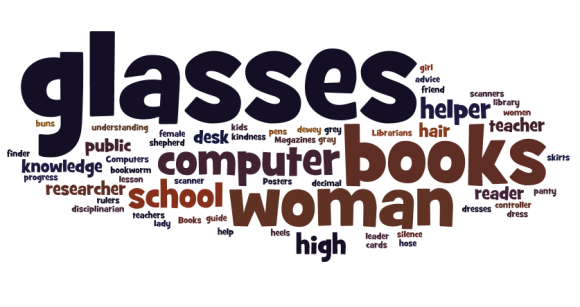
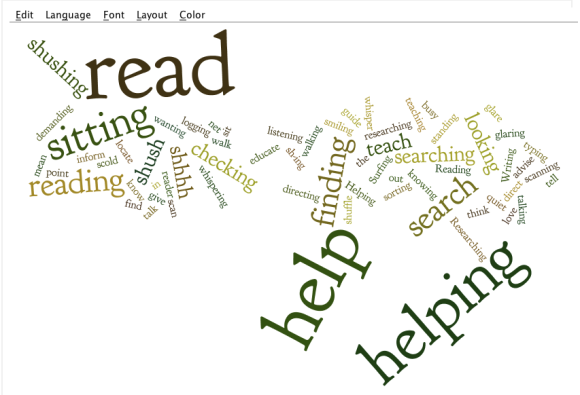
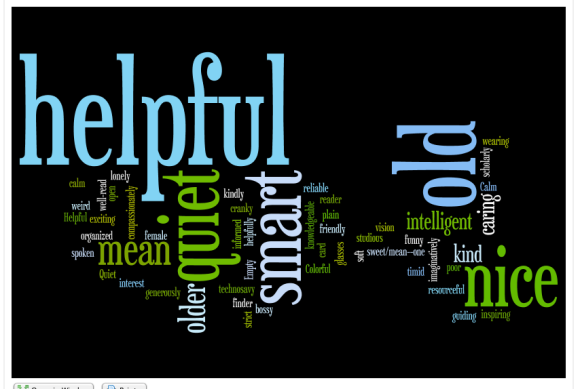
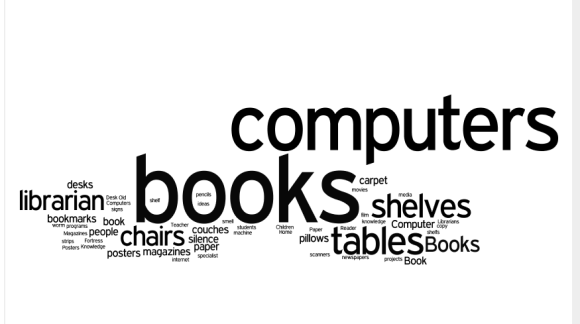
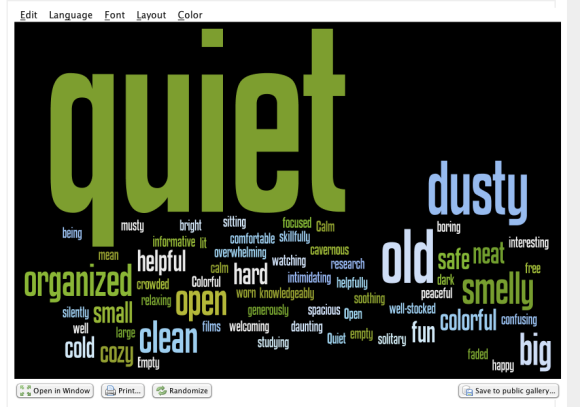
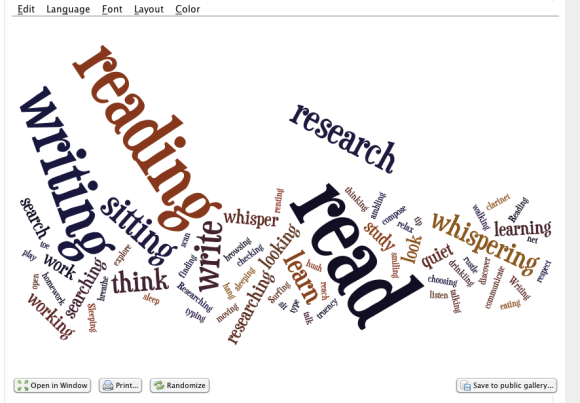
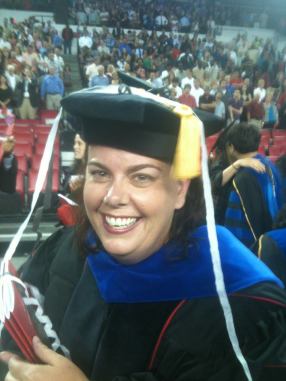



have your say